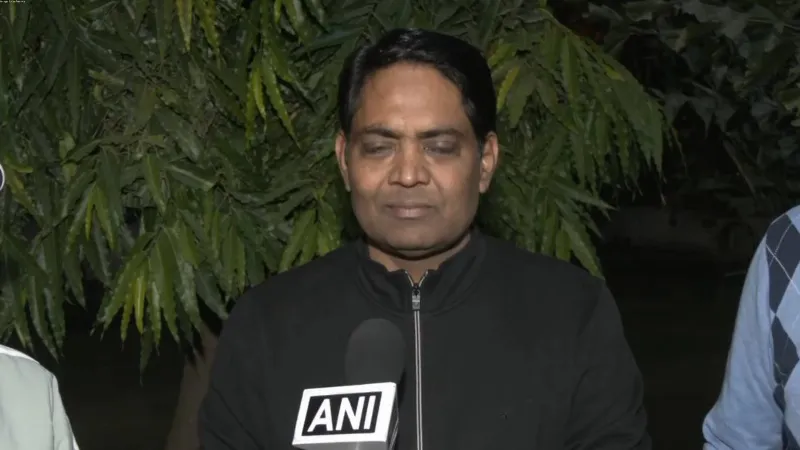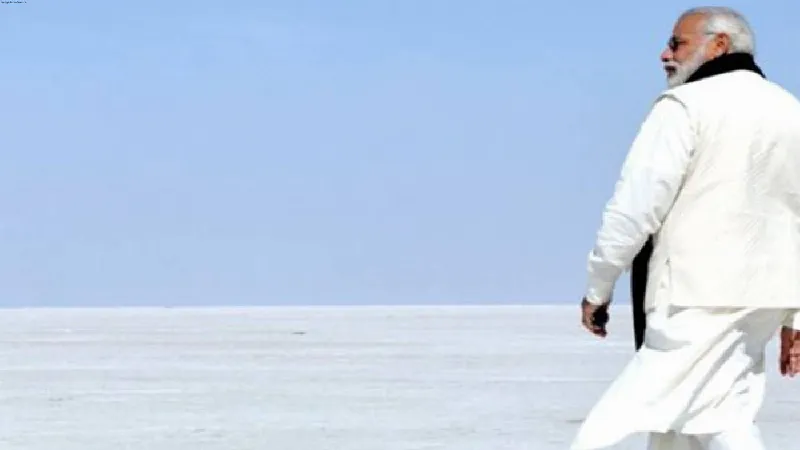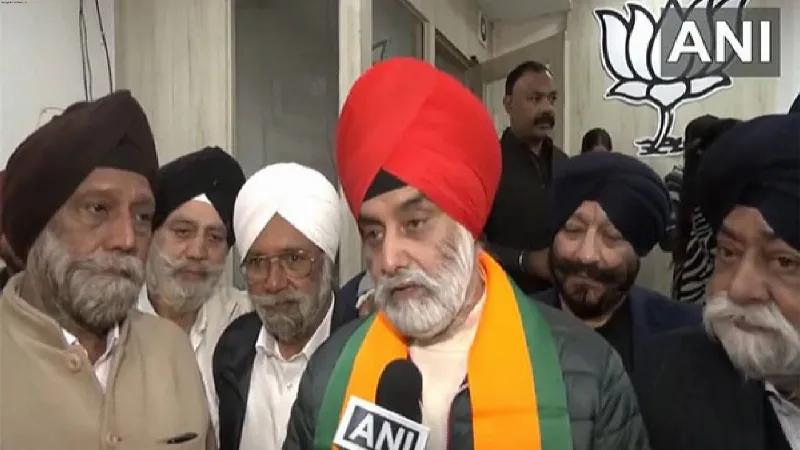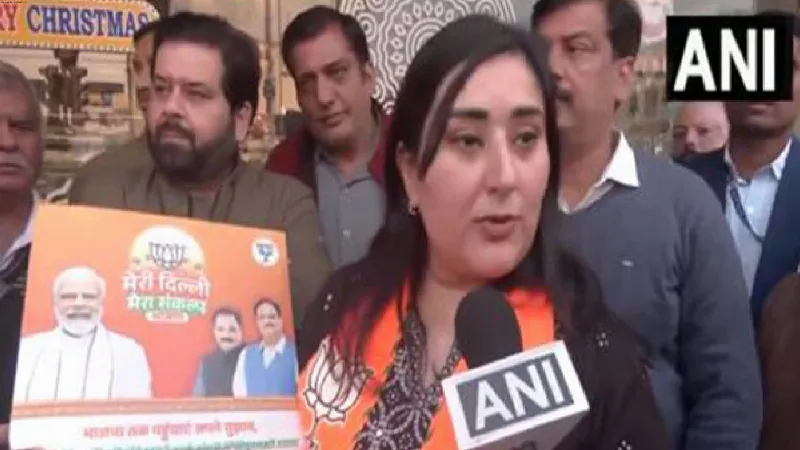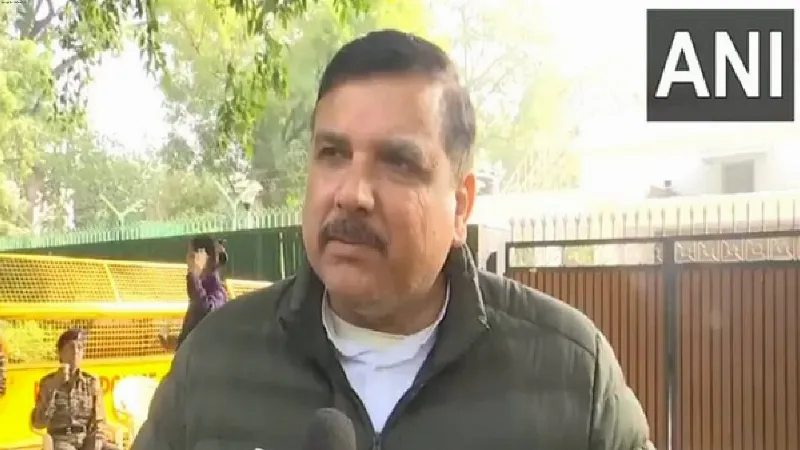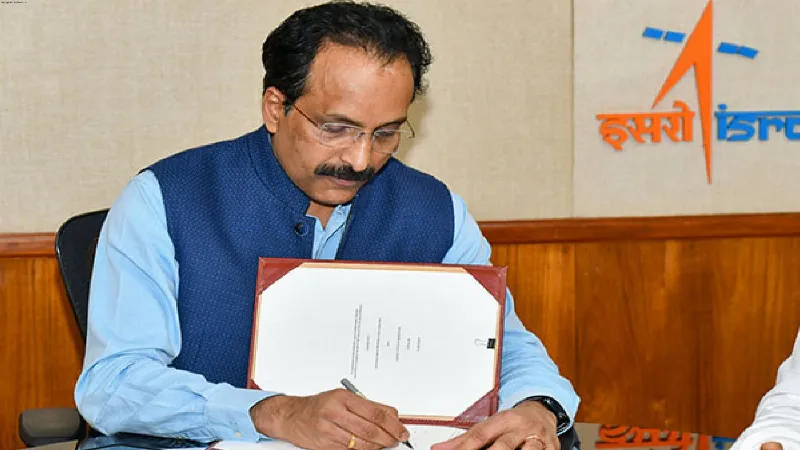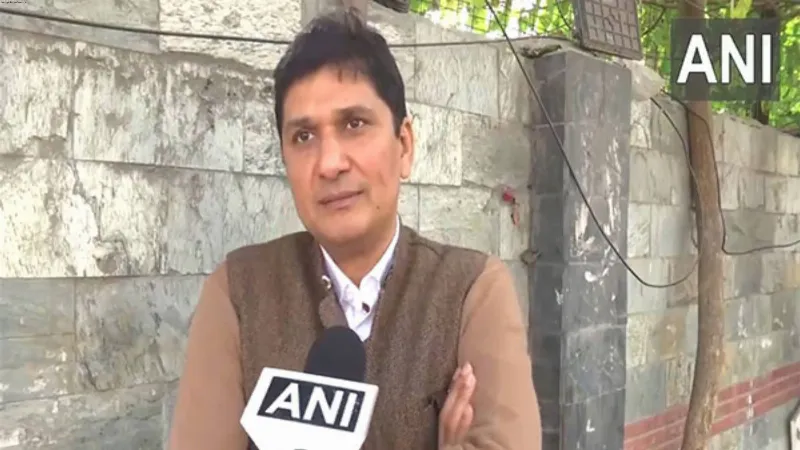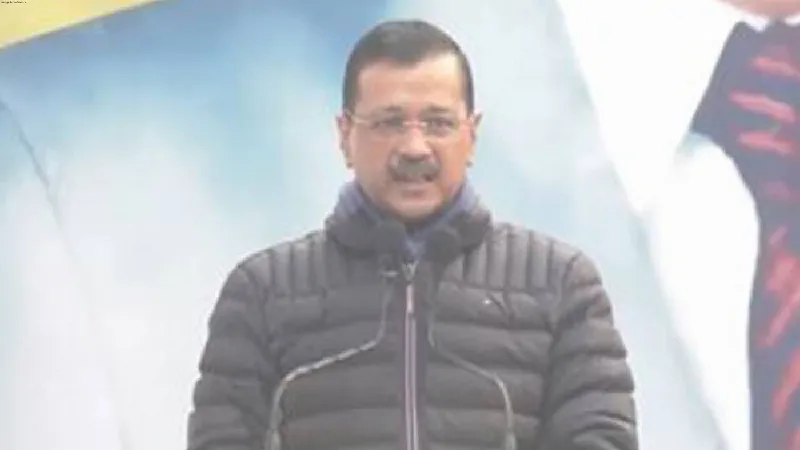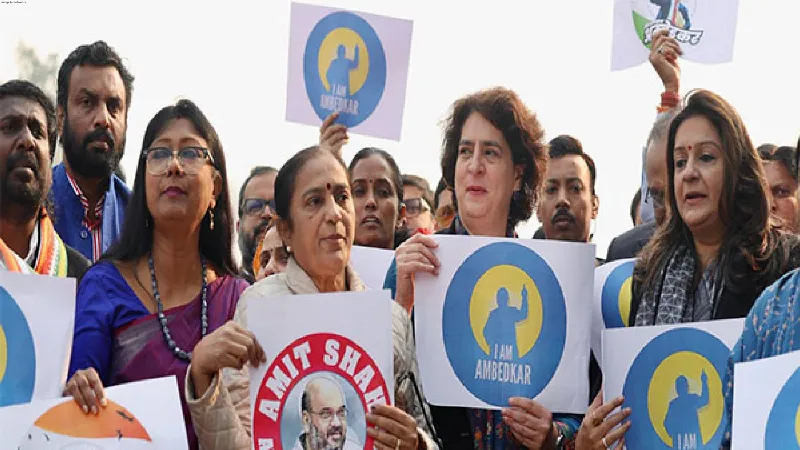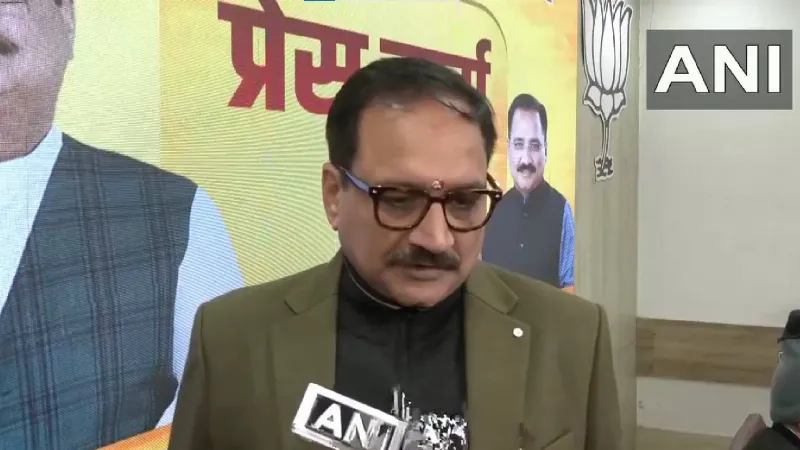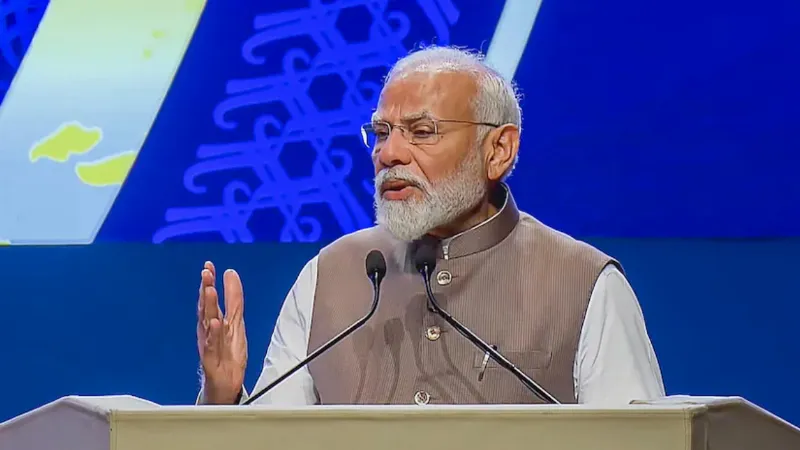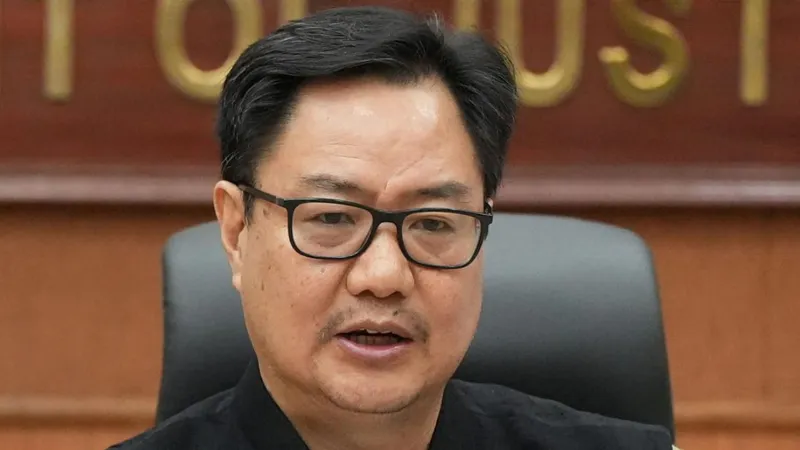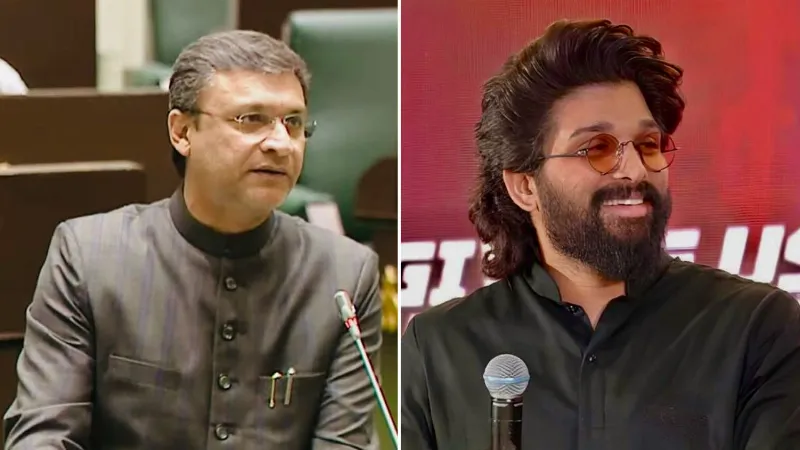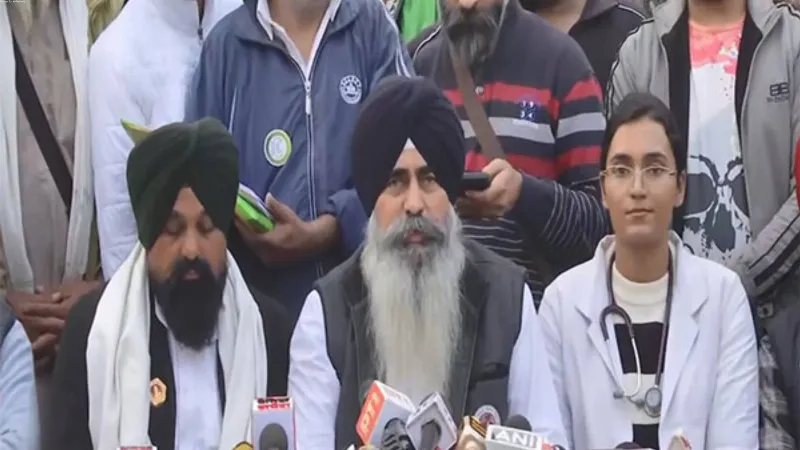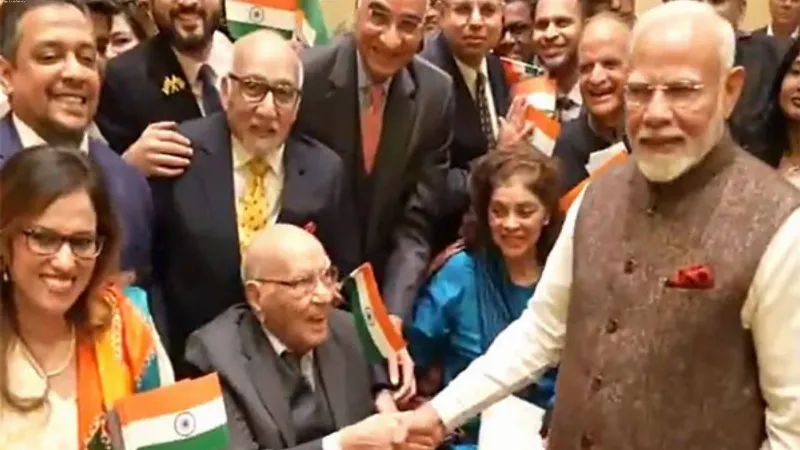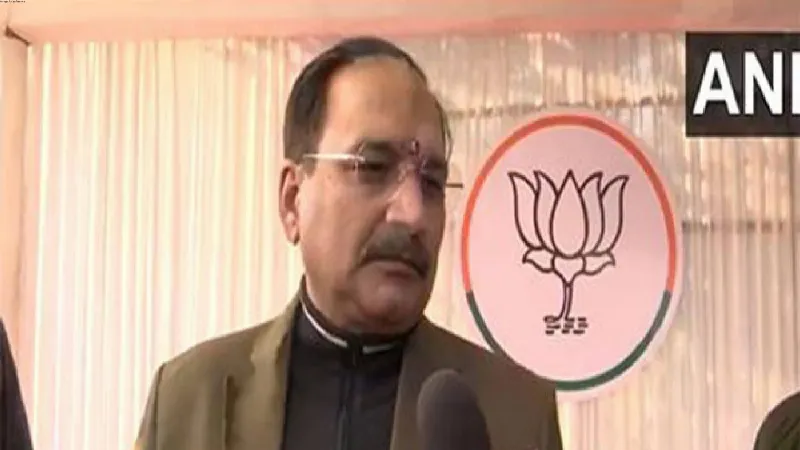Latest News
Kerala Assembly passed resolution against 'One Nation, one poll' for democracy: Brinda Karat
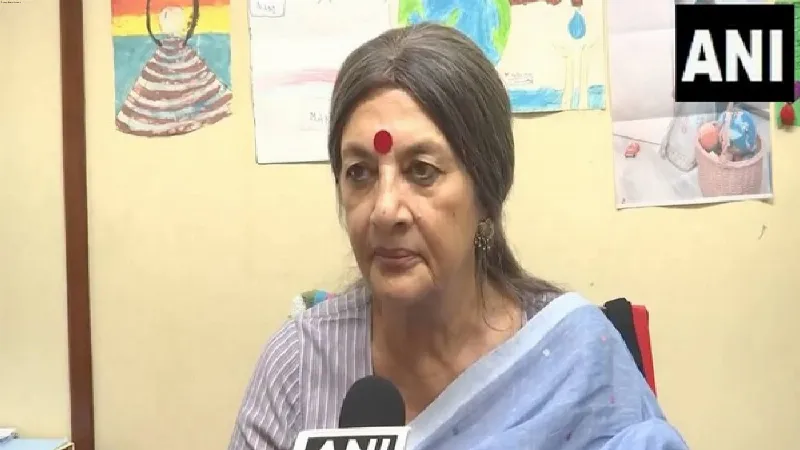
New Delhi: Senior Leader and Polit Bureau Member of Communist Party of India (Marxist) Brinda Karat on Friday welcomed the resolution unanimously passed by Kerala Assembly against 'one Nation, One Poll' and said that Kerala Assembly passed the resolution against 'one Nation one poll' in favour of democracy, in favour of Constitution.
Speaking to ANI Brinda Karat said "The Kerala government and the Kerala assembly and all the members must be congratulated for being the first state to pass a resolution in favour of the democracy, in favour of the federalism, in favour of the Constitution of the India against the centralisation and the unconstitutional suggestion of one Nation one election."
Former Rajya Sabha MP Brinda Karat further told ANI that being a pillar of support for the constitution the Kerala government took this responsibility of putting such a resolution in state Assembly and it is extremely encouraging that all parties in the Assembly have supported this resolution. It is unanimous resolution and we hope that other state Assemblies will also pass such resolutions.
On Thursday, Kerala Legislative Assembly passed a resolution introduced under Rule 118 by Parliamentary Affairs Minister MB Rajesh in the absence of Chief Minister Pinarayi Vijayan, who could not attend due to health issues.
The resolution opposes the central government's push for simultaneous elections to the Lok Sabha, state assemblies, and local bodies, a move that the Kerala government believes undermines the democratic process. The Assembly stated that such a reform would disregard India's social, cultural, and political diversity. According to the resolution, the proposal to conduct simultaneous elections threatens to weaken the multi-party democratic system that has been developed since India's independence. By holding all elections together, the Assembly fears that it would curtail the autonomy of state governments and local governing bodies, thus centralizing power. The high-level committee appointed by the central government to study the reforms has recommended shortening the terms of state assemblies that do not complete their full tenure before the next general elections. The resolution said that this would violate the democratic rights of citizens who elect their state governments for a full term.
"The proposal for simultaneous elections reflects an undemocratic mindset that sees elections as a mere cost, ignoring the deeper value of electoral democracy," the resolution stated.





